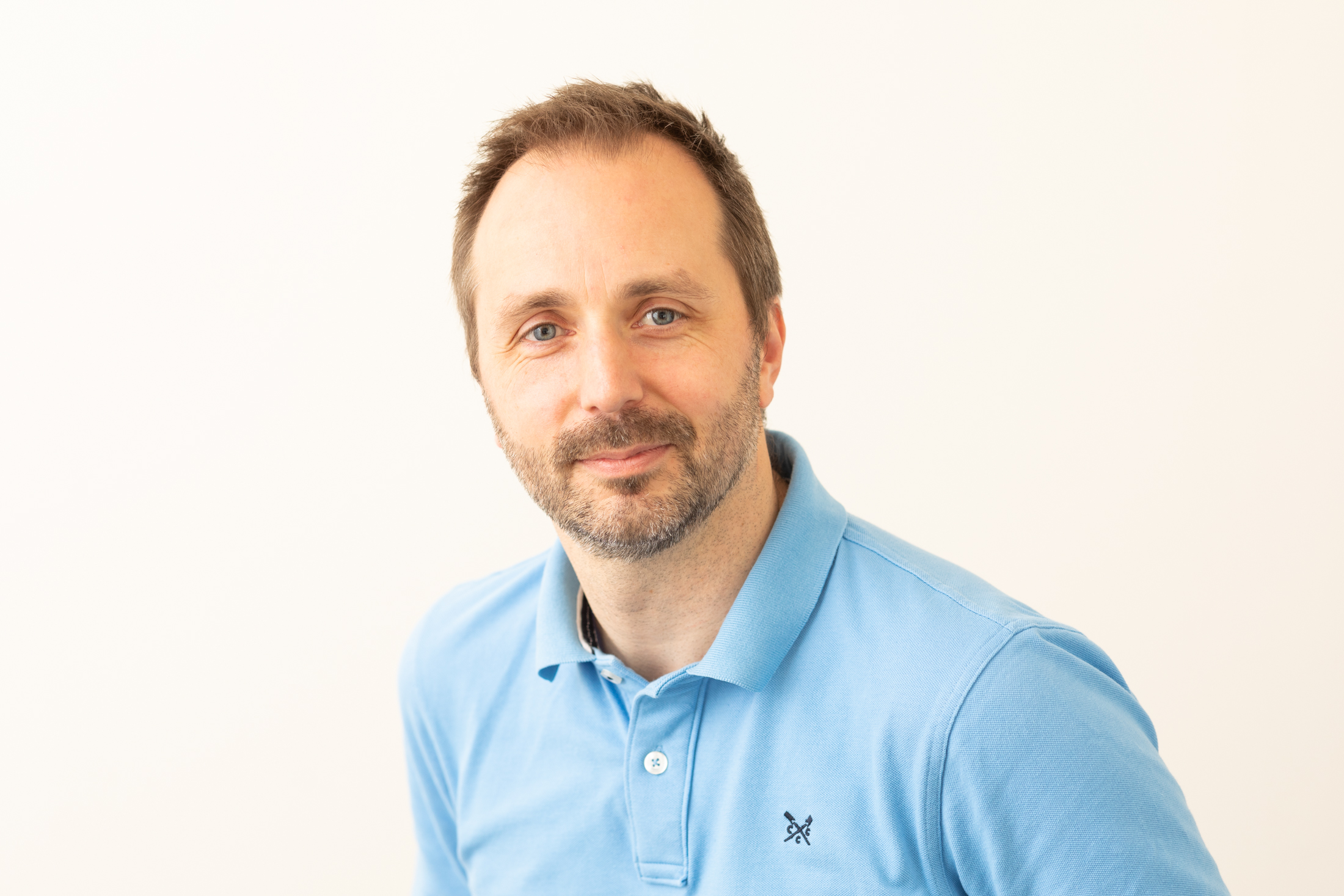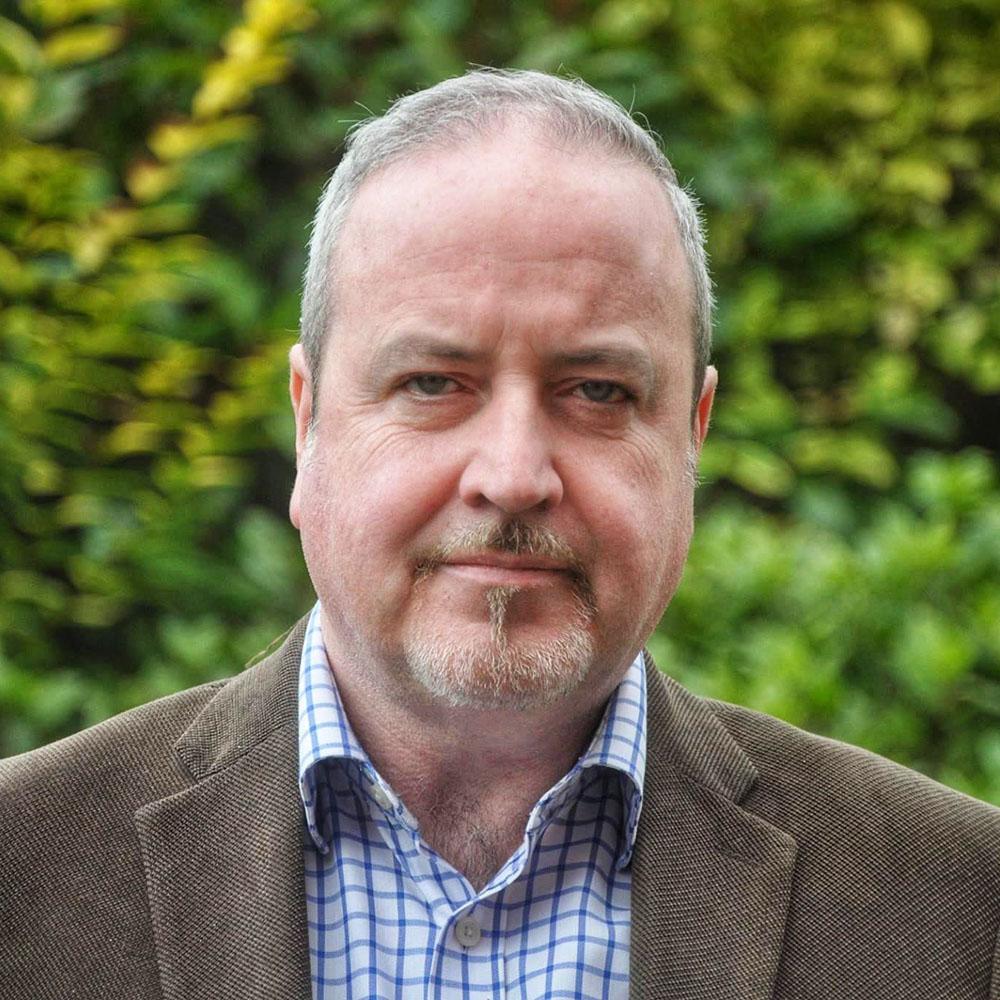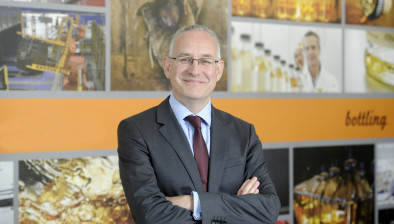Financial Focus: Neil Norman explains the transformation underway at CT

Neil Norman
One of Albert Einstein’s many quotable axioms is that “The measure of intelligence is the ability to change”.
With the imperative to accelerate progress accentuated both by recent social and economic events and new customer demands, accountants and advisers CT (formerly Chiene + Tait) this summer announced a rebrand of the firm and the appointment of a new executive committee to lead the business.
It’s part of a raft of changes that is intended to reshape the firm. “With clients now much more active in the entrepreneurial corporate sector than any time in the past, the Chiene + Tait brand was no longer resonating,” explains Neil Norman, head of entrepreneurial tax, who led the rebrand.
“In fact, I’d had conversations with some clients who – unprompted – told me they had chosen to work with us in spite of, not because of, our brand so it was clearly time for a refocus.”
Alongside Mr Norman on the committee, are Michelle Fallon, Paul Mason, and David Shadwell, who respectively are CT’s heads of private client, corporate finance and accounts and business advisory.
A strategic leadership group, comprising all partners and directors as well as some new functional leadership roles has also been created to which the executive committee reports, and this is responsible for the day-to-day business of running the firm.
It’s an innovative and bold move – Mr Norman is not aware of the executive committee model being implemented elsewhere in the UK and certainly not in Scotland.
A subgroup of the partners had considered other options including appointing a CEO – a model that is becoming increasingly prevalent, whereby someone who is not necessarily an accountant, but a proven leader comes in and runs the business.
“However, we decided on an executive committee as CT is going through a major period of change – both culturally and in its business practices – and as we were nowhere near the end of that, people who had an existing, deep knowledge of the firm were necessary to achieve it,” says Mr Norman.
“And with four people with different skills there were real synergies and opportunities in going down the executive committee route.”
While you famously can’t please all of the people all of the time, he reports that the feedback regarding recent developments at the firm has been extremely encouraging.
“Most comments have been overwhelmingly positive and there is a feeling that the brand which is now CT better represents the marketplace it’s operating in.”
The firm has also launched CT: Evolve, a new consulting division which aims to bring a ‘Big Four’ approach to support its SME clients and led by executive committee member and consulting partner Mr Shadwell.
“Though we work with several very large companies, our primary focus is on SMEs – and in particular high growth, entrepreneurial SMEs and related businesses, which is our current direction of travel. Last year’s figures showed that 30% of our total business was in that sector, which is one that we weren’t in at all 12 years ago,” explains Mr Norman.
He adds that the Evolve team is working to provide support to clients in their transition towards a low carbon economy, while helping to build brand value while helping to develop a culture of innovation with business leaders.
Evolve is also working internally at CT as the firm undergoes a complete digital transformation. “We’re exploring how technology can be used to make efficiency savings and harness its power to enable core tasks to be undertaken accurately and quickly, which will enable our teams to focus more on advisory.
“This will include the use of AI-powered products to transform our business and enable is to practice what we preach.”
That digital transformation is consistent with the firm’s evolution as it increasingly attracts clients in a Scotland that has, he stresses, an established, well-recognised and thriving start-up ecosystem.
“There are several angel investors willing to invest in high growth companies and also a history and strong culture of university spinouts here. When you put these two factors together, you see a successful recipe for more high growth businesses being born in Scotland.”
Last year members of LINC Scotland, the national business angel group, invested more than £50 million in young companies here for the first time, which underlines Mr Norman’s point.
“We have been working with LINC for nine years now, providing a help desk to its members and we actively work with the university spinout community too – so while working with companies as they’re spinning out, we’re also working with the investors.
“It’s the combination of those two factors that has made this such a such a significant part of our business and one that’s growing at a faster rate than any other.”
One common observation is that spinouts and other start-up companies often see dramatic initial growth, only to been snapped up by a larger, often overseas corporate keen to buy its expertise and product or service before they realise their full potential at home.
It’s something Mr Norman has spoken of before, highlighting that companies with significant scalability can face real challenges attracting next stage (commonly series B) investment to help them make the leap to becoming a world-class business.
“Invest to scale is extremely important and Scotland has far more start-ups than scale-ups. It’s a culture that’s changing though, with more investors willing to invest in scale-ups than in the past when angel syndicates would typically have played somewhere between the £150,000 and maybe £1.5m mark.
“Now investors such as Archangel, Par Equity and Eos can deal with investments of several millions, and there are great businesses here that are modestly valued relative to those in London and the Golden Triangle.”
As head of entrepreneurial tax at CT, he sees many of these dynamic businesses come to the firm. For instance, it has worked with food tech start-up ENOUGH (formerly 3F BIO), which is pioneering high-scale sustainable mycoprotein production using fermentation to meet future food needs and reduce millions of tons of CO2 production.
That has grown from a spinout at the University of Strathclyde in 2015 and has since had multi-million-pound investments rounds.
“We helped Codeplay Software, a leader in cross-architecture open standards-based developer technologies, in its acquisition by Intel last year which was a very significant deal in the Edinburgh tech sector and have also worked with CodeBase, the UK’s largest technology incubator since its inception and provide its finance function,” he says.
While dynamic change is driving CT’s current agenda, Mr Norman stresses: “We’re in no way turning our back on our historic base – one that dates to 1885.
“Rather, this is part of the ongoing evolution of the firm as we continuously innovate to ensure our clients can grasp new opportunities and continue to thrive in challenging times.”








